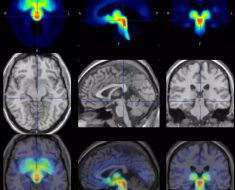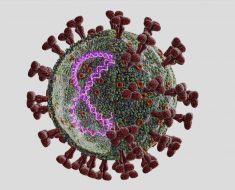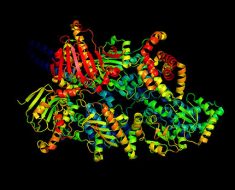SMS reminders sent to patients booked in to addiction treatment sessions significantly increase attendance rates, University of Queensland research has found.
Dr. Matthew Gullo, from UQ’s Centre for Youth Substance Abuse Research, said the study was the first to evaluate the effectiveness of SMS appointment reminders for alcohol addiction treatment sessions.
“There is good evidence for the effectiveness of SMS reminders in improving attendance to medical appointments, however there is limited evidence for addiction services,” Dr. Gullo said.
“The key finding was that patients were more likely to engage with treatment services when they were reminded of appointments by SMS, compared to when no reminders were provided.
“We also investigated whether highly impulsive patients (a trait linked with addiction) benefited more from the reminders, as impulsivity is associated with poorer treatment engagement.
“The results showed that reminders were less effective for these patients, and not at all effective for the most impulsive patients.
“We found this surprising as we expected that impulsive patients would benefit more from reminders, because spontaneity and lack of planning are characteristic features of impulsivity.
“Other health studies suggest impulsive patients respond better to SMS updates that contain motivational content, so this is an area for further research to improve addiction treatment.”
Clinic records were analysed from more than 1000 scheduled treatment sessions for 193 patients seeking treatment for alcohol dependence at the Princess Alexandra Hospital’s Alcohol and Drug Assessment Unit.
After the introduction of SMS appointment reminders, six months of data was compared with the same six month period in the previous calendar year – before SMS reminders were implemented.
“We hope these results will demonstrate that, even in a complex area of healthcare like addiction treatment, simple initiatives can increase engagement with treatment,” Dr. Gullo said.
In 2015–16 in Australia, 32 percent of drug treatment episodes were primarily for alcohol, making it the most commonly treated drug in Australia.
“It is important ongoing research is conducted to prevent and treat alcohol dependence as it can lead to many health and social problems such as cancer, mental illness and domestic violence,” Dr. Gullo said.
Source: Read Full Article





